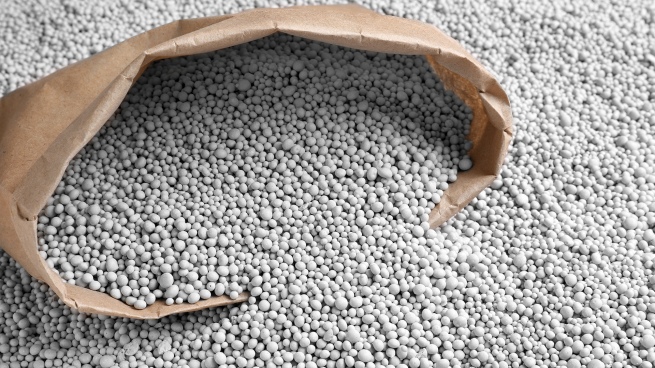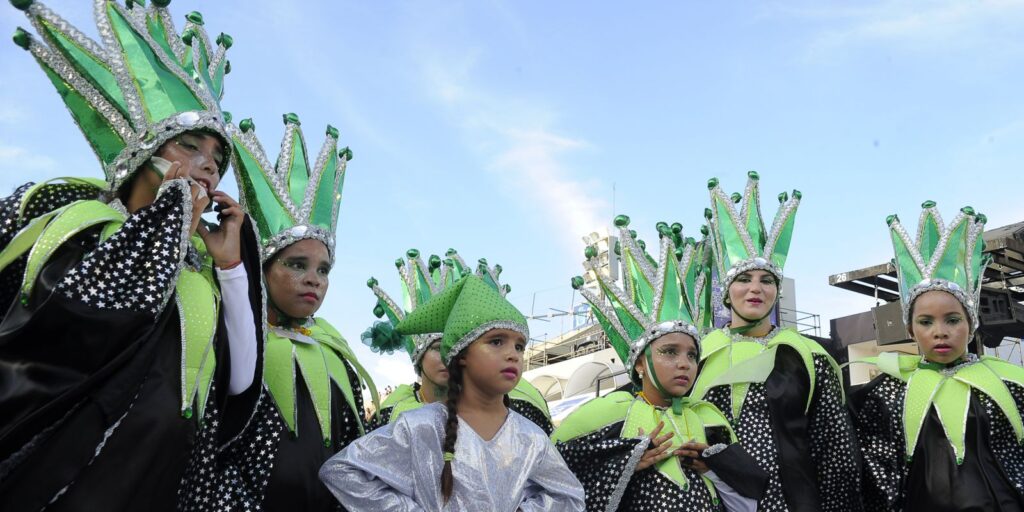The Ministry of Agriculture and representatives of the private sector stated that there is no shortage of fertilizers for crop production in the countrygiven the inconveniences that arose at the international level as a result of the interruption of Russian exports of this product, which represent 40% of the world total, and around 15% in the case of Argentina.
In addition, the private assured that “there is good dialogue” with the Government to resolve the supply of fertilizers for production.
In this sense, the Secretary of Agriculture, Matias Lestani, told Télam that “supply would be assured, we constantly monitor it,” and specified that “what is missing to finish the final campaign is 23% in volume.”
“This is already planned and discussed with the import companies. We got together with the Central Bank to regulate the outlining of what is needed for liquidation of foreign exchange for the entry of fertilizers, crucial to promote the fine”, which is that of wheat , said Lestani, who explained that “the fine uses a strategic fertilization of the entire system.”
In this regard, he stressed that “this fertilization has to be yes or yes”, because he stressed that “it is the one that is later reinforced in the thick campaign, mainly in corn and also in soybeans.”
“We constantly measure import profiling and based on that there is this situation that there is no shortage”indicated the secretary, who remarked that “the question is to continue matching the supply to the extent that this flow has to be directed to crop rotation.”
For his part, the director of Information and Economic Studies of the Rosario Stock Exchange (BCR), July Causewaytold this agency that “at this time, importers are in permanent contact with the Central Bank, with AFIP and the Ministry of Productive Development, analyzing the availability of dollars to buy.”
“At the moment the information we have is that the importers have been buying, not the entire amount, since they still have to authorize a greater amount of fertilizers. And they are waiting for the Market dollars to be enabled. Unique and Free of Changes (MULC) to be able to do it,” Calzada said.
In any case, he assured “Agricultural production is not in danger as long as the Government authorizes the next imports”and estimated that “fertilizers would be available until approximately July.”

The BCR economist highlighted that “there is good dialogue of the Government to try to solve and that there are no problems”and pointed out that “the question is in the availability of foreign exchange from the Central Bank.”
Although he pointed out that “the increase in prices (of fertilizers) is strong”, he acknowledged that “it is compensated by the increase in prices of raw materials”, which have risen sharply since the beginning of the Russian invasion in Ukraine.
Price increase
Soybeans were located this week close to their historical record, exceeding US$ 640 a ton in the last week; corn was positioned at US$320 when before the war it was at US$250; and wheat at US$400 compared to US$280 prior to the Russian invasion.
In that sense, he specified that “the last estimate of exports for 2022 (from the BCR) a month ago, with prices not rising, gave US$38,000 million adding up all the crops,” and added that “the new one is giving us $41 billion.”
“The increase in prices due to the product of the war implies US$ 1,200 million more than last year in which fertilizer imports were 4 million tons. Last year there were US$ 2,200 million in imports and this year they add up to US$ 1,200 million more, product of the increase in prices mainly by Ukraine and Russia,” explained Calzada.
In his opinion, “in the coming months, the important thing would be for the export requirements to be authorized and the bulk harvest to be reached with the fertilizers that are needed,” and he stressed that “the most compromised crops are wheat and corn, because soybeans have little fertilization”.
Along the same lines, the head of Port Operations at the San Lorenzo Plant of the Association of Argentine Cooperatives (ACA), Juan Carlos Piottotold Télam that “for now” a lack of fertilizers is not happening, and explained that “it was negotiated with other suppliers” to replace what Russia stopped exporting.
“Although Russia has 40% of the world market for fertilizers, especially solids, ACA is supplied from other origins. That is why there was no evidence of a lack of product,” said Piotto, who specified that what they do not receive from Russia they replaced with “Poland and Morocco, which are also traditional suppliers.”
In 2021, Russia was the world’s leading exporter of nitrogenous fertilizers and the second largest supplier of potassium and phosphorous fertilizers, according to the Food and Agriculture Organization of the United Nations (FAO).
In this regard, Argentina imports 60% of the fertilizers it uses for its crops and 15% comes from Russia.


















